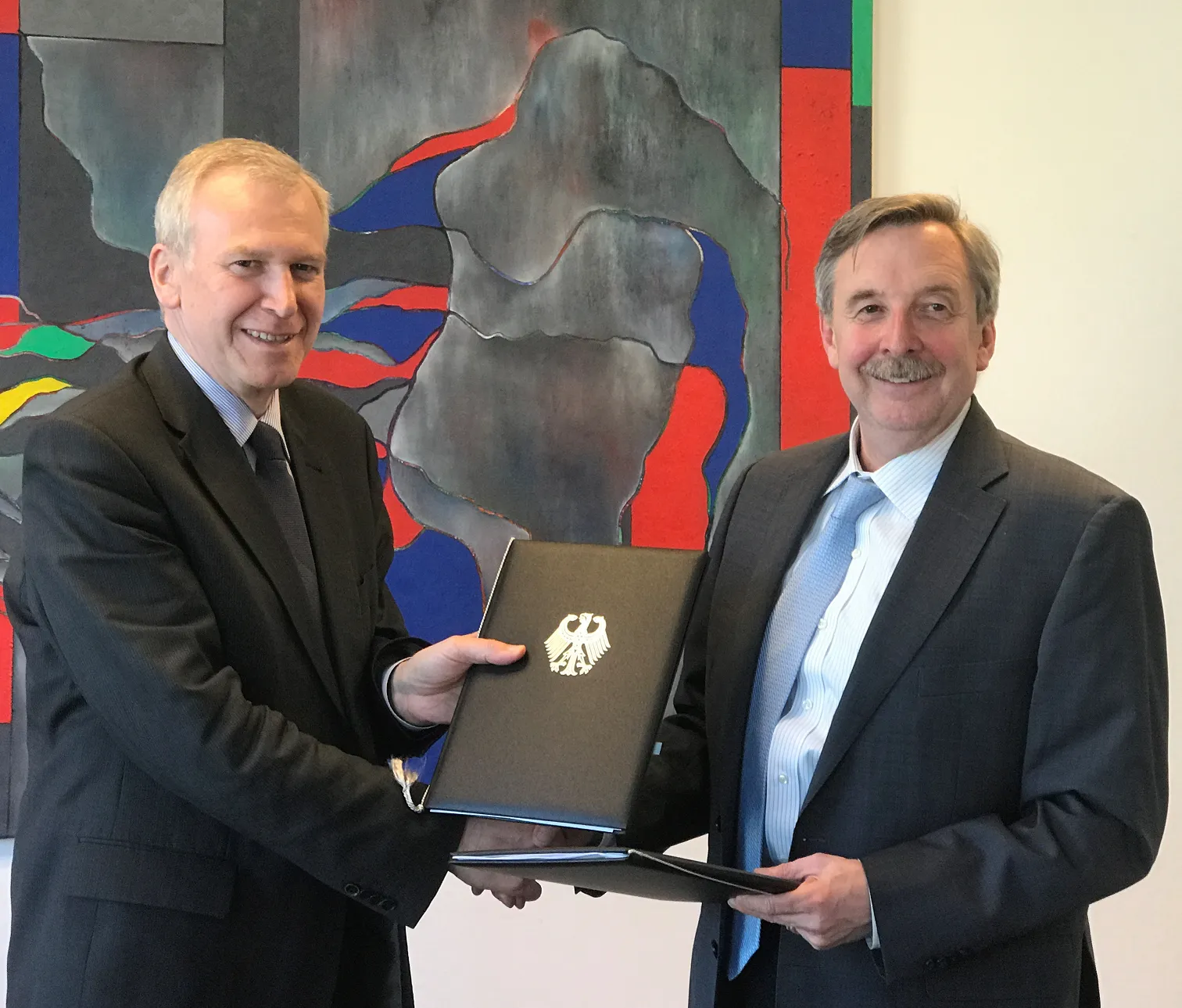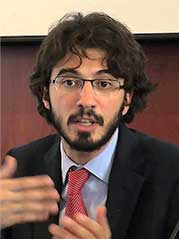International IDEA and Germany partner to support Yemen’s peace negotiations through dialogues on the constitution

In April 2017, International IDEA initiated a one-year project to organize dialogue sessions between leading Yemeni actors in an effort to bridge the divide on the country’s future system of government. The project, “Support to the Yemeni Peace Process—Constitutional Dialogues”, is being organized in cooperation with the United Nations Office of the Special Envoy of the Secretary General for Yemen (UNOSESGY), which is leading the formal peace negotiations. International IDEA’s project is fully funded by the German Federal Foreign Office.
Yemen’s draft constitution, which was completed in January 2015, was one of the principle causes of the current conflict. The constitutional draft was written during 2014 and states that Yemen is to be governed through a federal system of government. That framework was immediately rejected by some of the country’s most important actors. The capital Sanaa was overrun immediately after the draft constitution was completed, eventually causing the country to lapse into a full blown conflict.
Apart from the need to negotiate and maintain a military ceasefire, many parties participating in the current peace negotiations agree that the country’s greatest chance of emerging from its current conflict is the adoption of a modified version of the current draft constitution. This will involve a series of discussions between the parties on issues including, but not limited to, the country’s future system of government, the governance of natural resources and fiscal federalism.
At the High-Level Pledging Event for Yemen, United Nations Secretary-General António Guterres supported that view when he stated that “there is no humanitarian solution for the crisis in Yemen; the solution is political”. With that in mind, and with a view to supporting the broader peace negotiations, UNOSESGY requested that International IDEA organize dialogue sessions between Yemen’s main parties on issues relating to the country’s future constitution. International IDEA’s current project is designed to address that request and to support the formal peace negotiations. Hopefully, through dialogue, the parties will come closer together on some of the most important issues that need to be resolved. That strategy also falls in line with German Chancellor Angela Merkel’s recent statement, when she said “[Germany] believes in the UN-led process of diplomatic resolution. We do not think that there can be a military solution to this conflict”.
International IDEA has been involved in Yemen since 2003, providing support to Yemen's electoral management body and other officials with a mandate to work on electoral processes and human rights. International IDEA also produced reports on the state of democracy in Yemen. Starting in 2014, International IDEA provided support to the Constitutional Drafting Committee (CDC) as it prepared a final draft based on the outcomes of the National Dialogue Conference. International IDEA made its experts available to provide advice to the CDC on a long-term basis and provided large amounts of substantive reports to the CDC. After the outbreak of the current conflict in January 2015, International IDEA produced a report on the 2011-2015 transition and it continues to provide support to Yemeni actors and to the United Nations through a series of initiatives, including this project.




